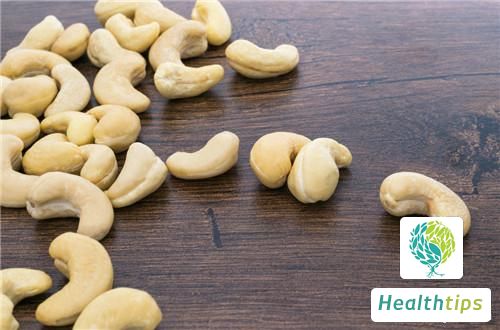Cashew nuts are rich in nutrients and can help nourish the kidneys. They not only nourish the kidneys but also soften blood vessels, beautify the skin, and delay aging, which is very beneficial to physical health. However, for patients with poor renal function and digestive function, cashew nuts should be consumed in moderation, preferably in soup, which helps retain the nutrients intact and better nourish the body. As the saying goes, "what is shaped like the organ it nourishes". Cashew nuts resemble the liver and kidneys in shape, and in traditional Chinese medicine, they are classified as nourishing the spleen, stomach, and kidneys. Cashew nuts contain dozens of nutrients that have a good soothing effect on the body's five organs. Some vitamins and trace elements in cashew nuts have a good effect on softening blood vessels, which is beneficial for protecting blood vessels and preventing cardiovascular diseases. Cashew nuts are rich in oils, which can lubricate the intestines and bowels, moisturize the skin, and delay aging. Regular consumption of cashew nuts can improve the body's resistance to diseases, enhance libido, and increase weight. The three points to note when eating cashew nuts to nourish the kidneys are as follows:

1. Since cashew nuts are rich in oils, men with poor digestive systems should consume cashew nuts in moderation and pay attention to drinking plenty of water. This helps prevent mouth dryness and irritation, and also accelerates urine excretion to prevent urinary tract infections and other kidney diseases.
2. Due to the high content of unsaturated fatty acids in cashew nuts, it is best to cook them in soup, which increases their nutritional value and benefits kidney nourishment.
3. Since cashew nuts contain a relatively high amount of protein and sodium, men with impaired kidney function should preferably consume unsalted cashew nuts.

